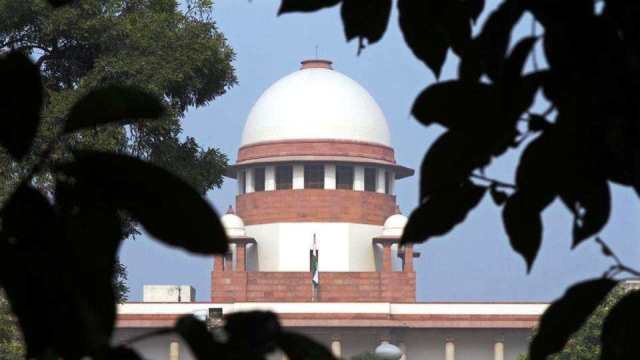Leaders of various political parties in Tamil Nadu on Monday welcomed the Supreme Court verdict allowing Vedanta Ltd’s copper smelter plant in Thoothukudi to remain closed.
The apex court also said the company can approach the Madras High Court while overruling the National Green Tribunal’s (NGT) December 2018 order to Tamil Nadu Pollution Control Board (TNPCB) to give its consent to operate the plant.
The copper smelter plant is known as Sterlite Copper.
Speaking to reporters here, Tamil Nadu Law Minister C.Ve Shanmugam said: “The state government had argued before the Supreme Court that the NGT does not have jurisdiction in deciding on the government’s closure order.
“It is a victory for the Tamil Nadu government. The state government will face the case if the company approaches the High Court for relief.”
DMK President M.K. Stalin also welcomed the court order.
On his part MDMK leader Vaiko said he felt very happy at the verdict. Vaiko has been fighting against the copper smelter plant ever since it was set up in Thoothukudi.
Tamil Nadu Secretarty of Communist Party of India (CPI) R. Mutharasan termed the judgement as important for the sentiments of the people and for protection of environment.
The Tamil Nadu government had ordered closure of Sterlite Copper following protests in Thoothukudi in which 13 people died and several others were injured in police firing after the protest turned violent in May 2018.
The Tamil Nadu Pollution Control Board (TNPCB) had rejected the company’s application to renew its “consent to operate”.
On an appeal by Vedanta, the NGT set aside the Tamil Nadu government’s order to close the plant and ordered TNPCB to issue the renewal of consent to the company within three weeks.
Ever since the copper smelter plant was permitted to be set up in Tuticorin several years ago, people have been protesting against it, calling it a polluting industry.
The apex court’s decision came earlier in the day on TNPCB’s plea against the December 15, 2018, NGT order directing it to give its consent.
The consent by the state pollution control board was subject to the satisfaction of certain conditions by Vedanta.
The TNPCB had in the course of arguments asserted that the copper smelting plant was the cause of near irreversible ground water pollution and thus could not be allowed to resume operation.
On the other hand, Vedanta had described as “political” the decision to put the plant under the lock.
Vedanta had contended that the high-level ground water pollution was not limited just to Thoothukudi alone, and that a similar situation existed in other parts of the state.







